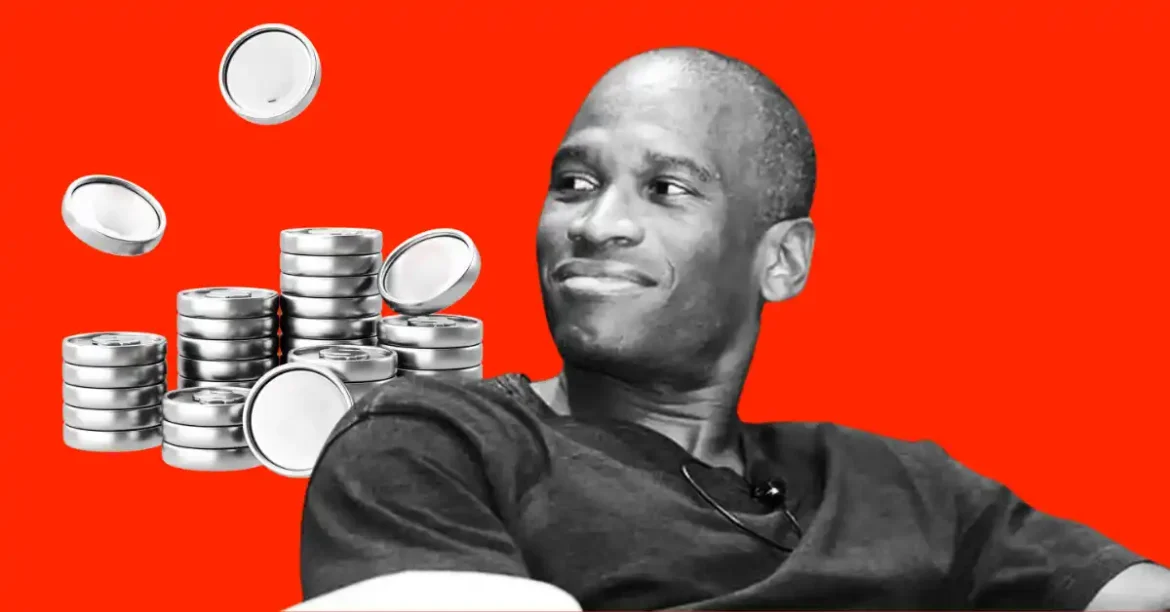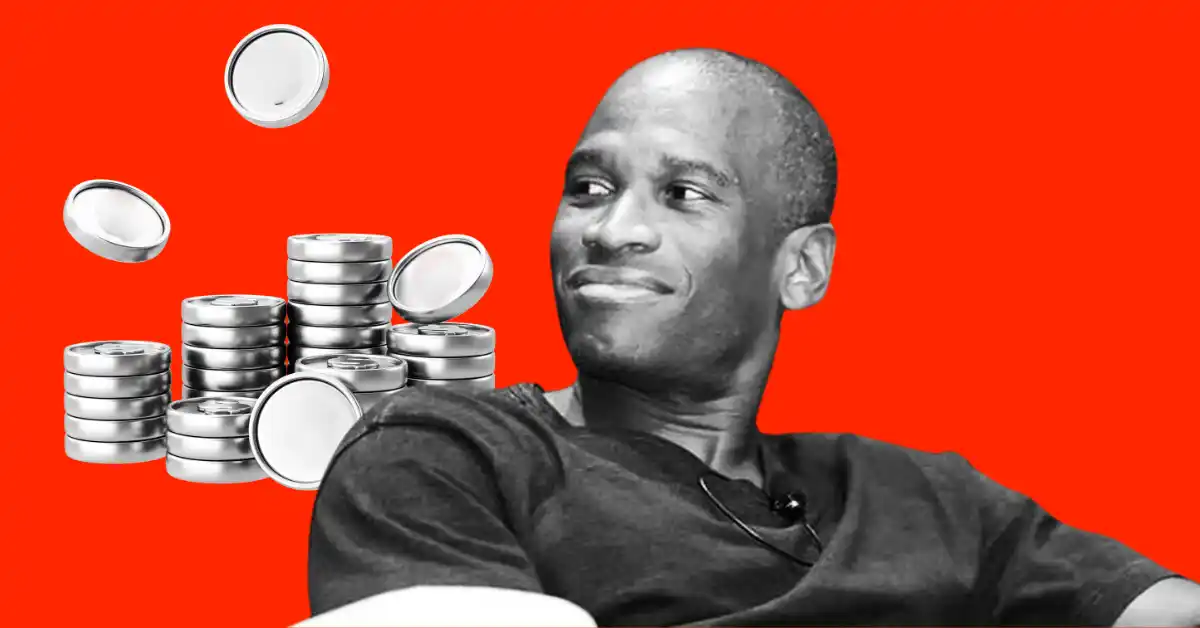Arthur Hayes’ Perspective on the U.S. Government’s Bitcoin Reserve
Introduction
Arthur Hayes, the co-founder of BitMEX, has been a prominent figure in the cryptocurrency industry, known for his bold predictions and insightful analyses. His views on the potential for the U.S. government to establish a Bitcoin reserve have been particularly noteworthy. Hayes argues that such a move is unlikely and could have significant, potentially negative, implications for the crypto market. This report delves into Hayes’ arguments, the potential impacts of a U.S. Bitcoin reserve, and the broader implications for the cryptocurrency industry.
Arthur Hayes’ Background and Influence
Arthur Hayes’ journey in the cryptocurrency world is marked by significant milestones. In 2016, he launched the XBTUSD perpetual swap on BitMEX, revolutionizing crypto trading. By 2018, BitMEX had become one of the largest Bitcoin trading platforms globally. Despite facing legal scrutiny in 2020, Hayes remained a key industry figure and stepped down as BitMEX CEO in 2021 after settling U.S. legal issues. His continued focus on cryptocurrency and his influential blog posts make his opinions on the U.S. Bitcoin reserve particularly noteworthy.
Arguments Against a U.S. Bitcoin Reserve
Hayes has consistently argued against the idea of a U.S. Bitcoin reserve, citing several key points:
Political Motives
Hayes believes that a U.S. Bitcoin reserve would be driven more by political interests than financial stability. He argues that such a reserve could become a “potent political weapon,” with the potential for political leverage. For instance, a drop in Bitcoin’s value could be used by opposing parties to criticize the administration’s economic policies. This political dimension adds unnecessary risk to the crypto market, making it an impractical concept.
Economic Implications
Hayes points out that the U.S. government’s high debt levels and the stereotype of “Bitcoin bros” could deter the government from adding more Bitcoin to its reserves beyond what it has already seized. He suggests that the mere threat of a U.S. Bitcoin reserve could create buying pressure, but the actual implementation would be fraught with challenges. The volatility of Bitcoin’s price could provide political leverage, further complicating the economic landscape.
Market Impact
Hayes warns that a U.S. Bitcoin reserve could lead to a “vicious sell-off” around the time of political transitions, such as when Donald Trump took office. He believes that crypto investors have unrealistically high expectations for what a government reserve could achieve. Hayes also argues that the U.S. Bitcoin Reserve (BSR) is unlikely to happen, and even if it did, it would not be beneficial for the crypto industry. He predicts that long-term Bitcoin holders may eventually sell at a high fiat price, further destabilizing the market.
Potential Benefits and Risks
While Hayes is largely dismissive of the idea, he does acknowledge that a U.S. Bitcoin reserve could initially drive up the price of Bitcoin. However, he believes that the long-term risks outweigh any potential short-term gains. The political and economic uncertainties associated with such a reserve could lead to market instability and increased volatility.
Political Risks
The political risks are significant. Hayes argues that a Bitcoin reserve could become a tool for political maneuvering, with parties using the cryptocurrency’s price movements to score points against each other. This could lead to a situation where the reserve is used more for political gain than for economic stability.
Economic Risks
Economically, the high debt levels of the U.S. government and the potential for increased dollar liquidity could create a volatile environment. Hayes predicts that the U.S. government will need to increase dollar liquidity, which could propel Bitcoin’s price to new highs. However, this could also lead to a situation where the reserve is used to manipulate the market, further destabilizing the crypto industry.
Conclusion: The Unlikely Future of a U.S. Bitcoin Reserve
Arthur Hayes’ arguments against a U.S. Bitcoin reserve are compelling. He highlights the political and economic risks associated with such a move, suggesting that it is unlikely to materialize. While a U.S. Bitcoin reserve could initially drive up the price of Bitcoin, the long-term risks and uncertainties make it an impractical concept. Hayes’ insights provide a valuable perspective on the potential impacts of a U.S. Bitcoin reserve and the broader implications for the cryptocurrency industry. As the crypto market continues to evolve, it is crucial to consider these arguments and the potential risks associated with government intervention in the crypto space. The future of Bitcoin and the broader cryptocurrency market will likely be shaped by these debates and the decisions made by key stakeholders.





